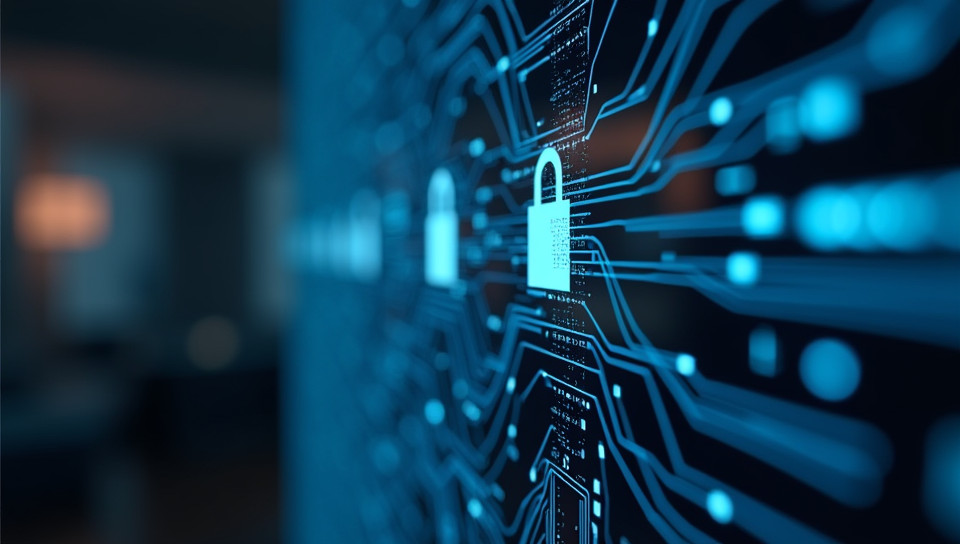Cyber threats to personal data are increasing rapidly 81%

The Silent Thief: Cyber Threats to Personal Data
In today's digital age, our personal data is more vulnerable than ever before. With the rise of online transactions, social media, and cloud storage, we are sharing our sensitive information with the world, often without a second thought. But behind the scenes, cyber threats are lurking, waiting to strike and compromise our personal data.
The Rising Tide of Cyber Threats
Cyber threats are increasing rapidly, with new attacks emerging every day. According to recent statistics, over 70% of organizations have experienced a data breach in the past two years alone. This is not just a problem for businesses; individuals are also at risk. Our personal data, including financial information, passwords, and sensitive documents, is being stolen and sold on the dark web.
How Do Cyber Threats Happen?
Cyber threats can come from various sources, including:
- Phishing scams that trick us into revealing our login credentials
- Ransomware attacks that encrypt our files and demand payment in exchange for a decryption key
- Data breaches that occur when hackers gain unauthorized access to company databases
- Malware infections that allow hackers to take control of our devices
The Consequences of Cyber Threats
The consequences of cyber threats can be severe. Once our personal data is compromised, it's often impossible to recover. Identity theft, financial loss, and reputational damage are just a few of the potential outcomes. In extreme cases, cyber attacks can even lead to physical harm or loss of life.
Protecting Yourself from Cyber Threats
While the risks are real, there are steps you can take to protect yourself from cyber threats:
- Use strong, unique passwords for all accounts
- Enable two-factor authentication whenever possible
- Keep your software and operating system up to date with the latest security patches
- Be cautious when clicking on links or downloading attachments from unknown sources
Conclusion
Cyber threats are a growing concern that requires our attention. By understanding the risks and taking proactive steps to protect ourselves, we can reduce the likelihood of falling victim to these attacks. Remember, your personal data is your most valuable asset; take care to safeguard it.
Don't wait until it's too late – take control of your digital security today!
- Created by: Osman Çetin
- Created at: Sept. 15, 2024, 10:09 p.m.
- ID: 9746